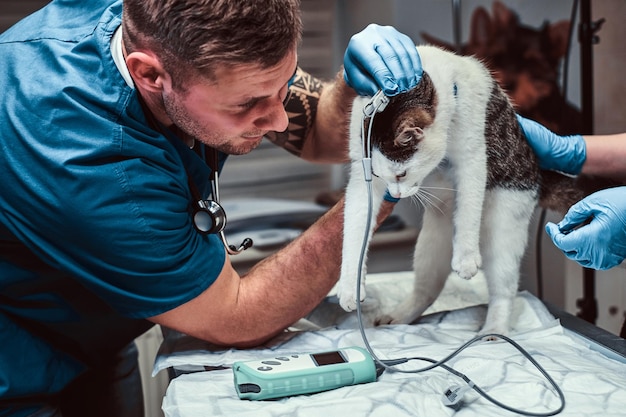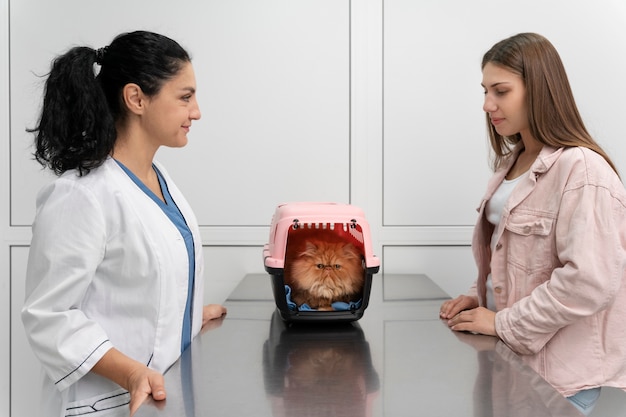Nutritional Needs for Small and Large Breed Dogs | Sandy Paws Animal Hospital


When it comes to caring for our beloved canine companions, one of the most important aspects is ensuring they receive the proper nutrition. Small and large breed dogs have unique dietary needs that can significantly impact their overall health and well-being. Understanding these differences is crucial for providing the best care for your pet.
Small breed dogs, with their compact size and high energy levels, require a diet that is rich in calories and nutrients. These dogs have faster metabolisms, meaning they burn energy more quickly than their larger counterparts. To support their active lifestyle, it's essential to provide them with food that is dense in nutrients. High-quality protein sources are vital for maintaining muscle mass and supporting growth, while fats provide a concentrated source of energy. Additionally, small breed dogs benefit from smaller kibble sizes, which are easier for them to chew and digest.
In contrast, large breed dogs have different nutritional requirements due to their size and slower metabolism. These dogs are prone to joint issues and obesity, so it's important to manage their weight carefully. Diets formulated for large breed dogs often contain lower fat content to help prevent excessive weight gain. Protein remains an essential component, but the focus should be on lean sources to support muscle maintenance without contributing to unnecessary weight. Moreover, large breed dogs can benefit from glucosamine and chondroitin supplements, which help support joint health and mobility.
One of the key differences in feeding small and large breed dogs is the rate at which they grow. Small breed puppies reach adulthood faster than large breed puppies. Therefore, their diets should provide sufficient nutrients to support rapid growth and development. Large breed puppies, on the other hand, grow at a slower, more controlled pace. Their diets should be carefully balanced to avoid excessive growth that could stress developing joints and bones. Specially formulated large breed puppy foods can help manage this growth rate, providing the right blend of nutrients to ensure healthy development.
Another consideration for both small and large breed dogs is the risk of certain health issues. Small breed dogs are prone to dental problems, so incorporating dental chews or specially designed kibble can help maintain oral health. They are also more likely to suffer from hypoglycemia, a condition characterized by low blood sugar levels. Feeding small, frequent meals throughout the day can help prevent this condition.
Large breed dogs, due to their size, are at a higher risk of developing bloat, a serious and potentially life-threatening condition where the stomach fills with gas and twists. To mitigate this risk, it's advisable to feed them smaller, more frequent meals and to avoid vigorous exercise immediately after eating. Elevated food bowls and slow-feeding dishes can also help reduce the likelihood of bloat.
In both small and large breed dogs, the quality of the ingredients in their food is paramount. High-quality commercial dog foods are formulated to meet the specific needs of different breeds and sizes. However, consulting with your pet care provider can provide personalized recommendations tailored to your dog's unique requirements.
Ensuring your dog receives the right nutrition is a cornerstone of responsible pet ownership. By understanding the distinct needs of small and large breed dogs, you can make informed choices that contribute to their long, healthy, and happy lives. At Sandy Paws Animal Hospital, we are committed to helping you provide the best care for your furry family members. If you have any questions about your dog's diet or health, don't hesitate to reach out to our dedicated team.
For more personalized advice on your dog's nutritional needs, contact Sandy Paws Animal Hospital today at (904) 278-0600 or visit us at 550 Wells Road, Suite 17, Orange Park, FL 32073 and let our experienced team guide you in providing the best care for your furry friend.



















